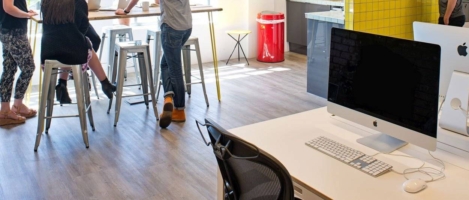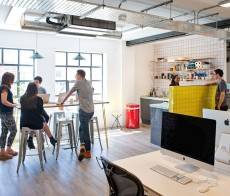July 29, 2015
Public sector lagging behind in use of technology and flexible working
As we reported last week, the UK public sector is embracing some interesting new ideas in the way it uses real estate, especially its commitment to get rid of some of it by adopting flexible working and shared space. However, it’s one thing looking to use space in more flexible ways but without the technological infrastructure, it’s hard to see how they will be able to achieve as much as they could. It is in this regard that they are lagging behind their contemporaries in the private sector, according to a new report from O2 and YouGov. While the report, Redefining selling, serving and working, offers up the usual appeals for us all to make more use of the sorts of things O2 wants us to buy, there is plenty of interesting detail to tease out once the pinch of salt has been applied, not least how business practices and the way people use technology vary across sectors.




































July 30, 2015
Far from dying out, the office is becoming more essential than ever
by Luke Finch • Comment, Technology, Workplace design
(more…)